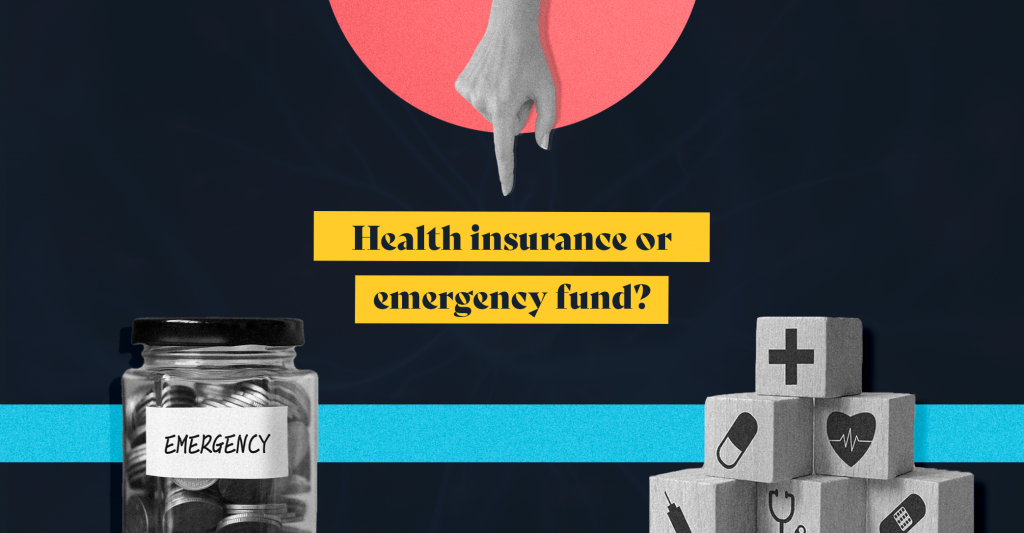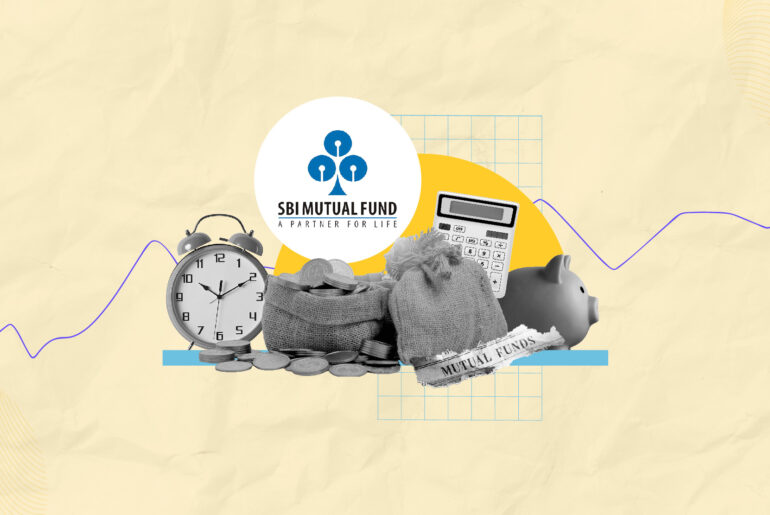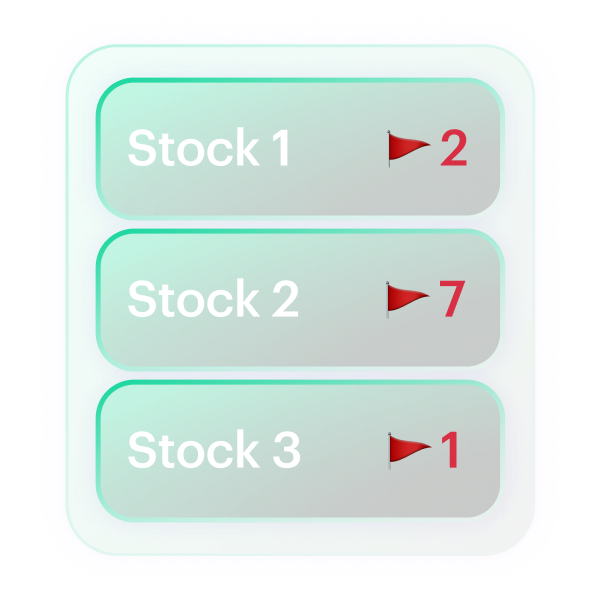Last Updated on May 21, 2021 by Aradhana Gotur
If there is something good that the COVID-19 crisis has taught us, it is underlining the fact that it is important to have both a contingency fund and health insurance plan to be fully prepared for a crisis.
This article covers:
- What is a contingency fund?
- What is health insurance?
- Why should you have both an emergency fund and a health insurance policy?
While a contingency fund primarily gives you the much needed financial support in case of job loss and salary cut and acts as a backup for expenses, health insurance helps in case of an unprecedented situation like an accident or any other medical emergency.
Table of Contents
What is a contingency fund?
Also known as an emergency fund, a contingency fund primarily refers to the money kept aside to cover unexpected expenses. It helps you in times of emergencies when your monthly income falls short or your FDs and funds from your savings account fail to help you. The fund can help you sustain your lifestyle and have peace of mind, thereby allowing you to focus on the problem.
As a thumb rule or a healthy ratio, you should have an emergency fund of at least 3-6 mth of your salary. For example, if your monthly spending is approximately around Rs 50,000 then your contingency fund should be around 2 to 3 lakh. But the amount to be put in your emergency fund should also consider the sector and the company you are working in, and the job security that it offers.
Your contingency fund should be safely kept at a place that allows easy and fast withdrawal without any erosion of capital. That said, keeping it in a separate savings account earmarked for contingencies instead of a regular one makes sense. You can either use debt instruments such as liquid funds or fixed deposits to build the emergency kitty.
What is health insurance?
A medical emergency often proves to be very heavy on the pocket and means derailment of long-term financial plans, putting one into debt. With the number of lifestyle diseases on a rise, a health insurance policy is essential. The sum depends on a number of factors but primarily should be able to cover your health expenses for a while.
While usually, the employers provide a health plan, you should still have one on your own, just in case you change your job or start freelancing, so that your healthcare expenses are taken care of, no matter what. A health insurance policy is very beneficial on multiple grounds, one of the main reasons being a small premium every month eventually builds up into a huge amount.
The amount of sum assured primarily depends on the family size, income, health status, age and the insurance you already have. If you have elderly parents or grandparents at home who are dependent on you, they might need larger insurance considering the fact that they may need more medical attention than you. Additionally, you should ensure that the policy you’re buying covers the maximum amount of hospitals so that you can avail the cashless facility without any hassle. Because, what’s the point of having medical insurance if you have to dig into your savings to pay at the moment of crisis and submit for repayment later?
Why should you have both an emergency fund and a health insurance policy?
The bottom line is that irrespective of anything, it is important to allocate various portions of your earnings into different funds, because life is unpredictable. While an insurance cover will help you during times of medical emergencies, a contingency fund will assist you to meet your rent, food, loan EMIs, education fees, utilities, insurance premiums, and other expenses.
Therefore, they are not substitutable with each other. Just because you have medical insurance, doesn’t mean you don’t need an emergency fund and vice-versa.




